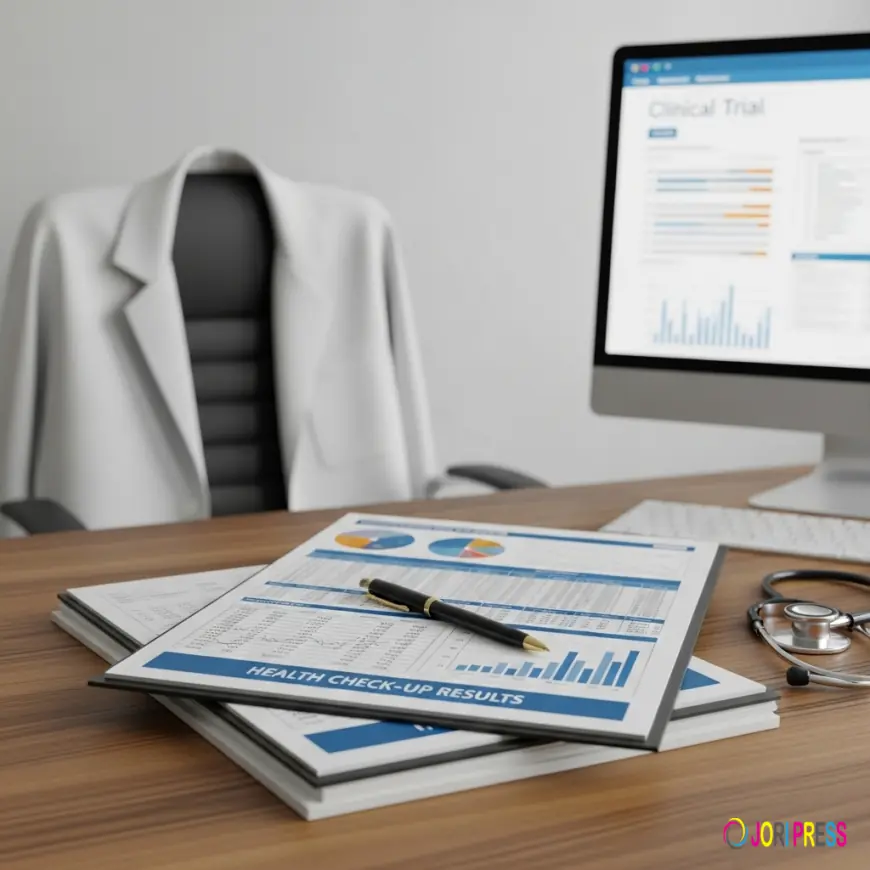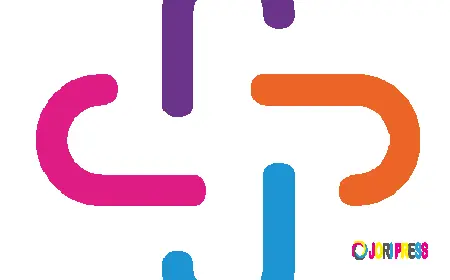Beyond the Lab Coat: How AI is Revolutionizing Drug Discovery and Pushing the Boundaries of Science
Explore career opportunities in pharmacovigilance that go beyond traditional case processing this article highlights five fascinating roles from signal detection to risk management that are shaping the future of drug safety and public health.

When people think about pharmacovigilance (PV) their minds often go straight to the careful work of collecting and reporting side effects from medicines while that is a key part of making sure drugs are safe it is really just a small piece of a much bigger and more exciting field. The world of drug safety is changing fast creating a need for skilled people in many different areas if you're considering a career in healthcare or drug development understanding these diverse roles is a vital part of any modern clinical research course it turns out there is a whole world of opportunities in pharmacovigilance that go way beyond just filing reports.
Pharmacovigilance is essentially the science of watching, understanding and preventing drug related problems it is all about making sure that once a medicine is on the market it stays safe for everyone who takes it. As more and more medicines become available the need for people with specialized skills in this area has exploded this is not just about spotting individual problems it is about looking at the big picture of drug safety and protecting public health on a global scale.
1. The Drug Safety Detective: Signal Detection Analyst
Imagine you're a detective, but instead of solving crimes you're looking for subtle clues that a medicine might be causing an unexpected problem that is essentially what a Signal Detection Analyst does. They do not just look at one report they go through huge amounts of data from thousands even millions of patients worldwide they use smart methods and tools to find patterns that might suggest a new unknown side effect is starting to appear.
This role needs a sharp eye for detail and a good head for numbers you had be working with huge collections of information looking for trends that might show a safety concern it is a bit like finding a tiny needle in a giant haystack but the impact is massive spotting a potential issue early can prevent harm to countless people this career is perfect for someone who loves solving puzzles and has a curious investigative mind.
2. The Rule Keeper: Pharmacovigilance Compliance Officer
Every industry has its rules, and drug safety is no exception in pharmacovigilance these rules are incredibly strict set by health authorities all over the world. A Pharmacovigilance Compliance Officer is the person who makes sure a company follows every single one of these rules all the time.
This role is about checking processes setting up correct procedures and making sure all safety reports meet the highest standards it is about protecting both patients and the company from potential mistakes or legal issues if you have a meticulous nature a strong sense of ethics and enjoy making sure everything is done correctly this could be a very rewarding path. You had be the guardian of good practice making sure there is trust and honesty in drug safety.
3. The Risk Manager: Risk Management Planning Specialist
When a new medicine comes out we know it will have benefits but it also might have risks a Risk Management Planning (RMP) Specialist is tasked with thinking ahead about these risks. They create detailed plans to lower the chance of harm to patients while still letting them benefit from the medicine this might involve setting up special monitoring programs creating easy to read guides for doctors and patients or even limiting how a drug is used this job requires a mix of scientific knowledge strategic thinking and great communication skills. You had be working with scientific data government groups and internal teams to create strategies that ensure a drug is used as safely as possible throughout it is entire lifespan it is a proactive and highly important role focused on stopping problems before they become widespread.
4. The Global Communicator: PV Medical Writer
Someone has to translate all that complicated safety data into clear simple documents for regulators, doctors and patients that is what a PV Medical Writer does they are the storytellers of drug safety taking highly technical information and turning it into reports and safety updates that are accurate and easy to read.
This role is key to making sure important safety information is shared with the right people it requires strong writing skills a good understanding of medical terms and an ability to make complex ideas simple if you love to write have an eye for detail and enjoy making difficult information accessible this could be an excellent fit.
5. The Digital Innovator: PV Systems and Tech Specialist
With so much data and a move toward digital processes pharmacovigilance relies heavily on clever computer systems. A PV Systems and Tech Specialist is the person who designs sets up and manages these important tools. They might work on databases for reporting side effects systems for finding new safety concerns or platforms for looking at data they make sure these systems are strong secure and follow global rules. This career is perfect for someone who loves technology and wants to use those skills in a critical area of healthcare. You had be bridging the gap between computers and drug safety making sure the technology used is always up to date and helps with keeping an eye on drug safety. It is a behind the scenes role that is absolutely vital to the smooth running of modern pharmacovigilance this kind of specialized skill is highly valued. A forward thinking clinical research institute like Clariwell understands this need and is helping professionals develop the blend of scientific and technical expertise required for these emerging roles.
Your Place in Drug Safety
As you can see pharmacovigilance is a big and exciting field with many great career opportunities beyond the basic reporting of cases these roles are essential for ensuring the safety of medicines around the world and protecting public health they require a wide range of skills from scientific analysis and knowledge of rules to strong communication and a knack for technology.
What's Your Reaction?
 Like
0
Like
0
 Dislike
0
Dislike
0
 Love
0
Love
0
 Funny
0
Funny
0
 Angry
0
Angry
0
 Sad
0
Sad
0
 Wow
0
Wow
0















































